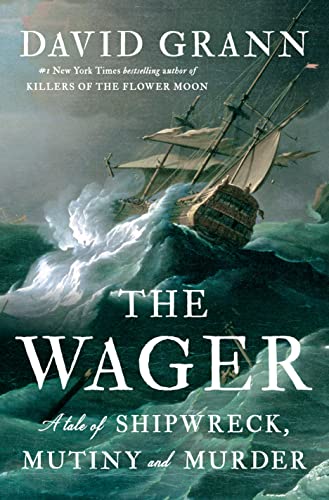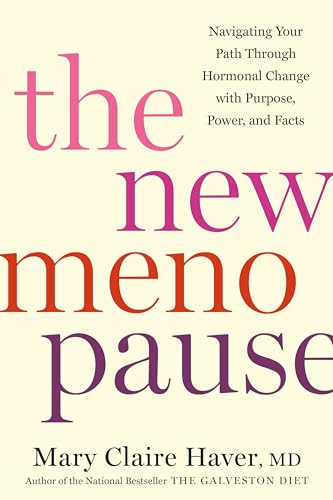Review of THE WAGER
by Johny McFliggen, PhD Literature & Business, Oxford
David Grann’s “The Wager” is a literary tour de force that navigates the tumultuous waters of an 18th-century shipwreck with the precision of a seasoned mariner and the flair of a seasoned storyteller. In this gripping narrative, Grann charts the ill-fated voyage of the HMS Wager, a British warship engulfed in the imperial ambitions of the War of Jenkins' Ear, a conflict as obscure as it is intriguing. One could almost hear echoes of Melville’s existential ponderings or perhaps the doomed fates of Conrad’s seafaring souls, as Grann unravels this maritime misadventure with cinematic precision and emotional depth.
The premise of “The Wager” is as enthralling as any high-seas drama could be: a secret mission, a catastrophic shipwreck off the inhospitable coast of Patagonia, and the ensuing chaos that pits man against nature and man against man. Grann, with his signature journalistic rigor and narrative flair, resurrects this forgotten episode from history with a vividness that would make even the ghost of Patrick O’Brian sit up and take notice. The book's thematic exploration of leadership, survival, and the moral ambiguities of mutiny places it in a league of its own. Indeed, it’s a delightful buffet for those who relish pondering the human condition when stripped of civilization's thin veneer.
Grann’s narrative prowess is akin to that of a masterful conductor orchestrating a symphony of historical documents, personal testimonies, and his own investigative insights. His ability to blend meticulous research with engaging storytelling not only brings the era to life but also invites comparisons to other maritime sagas like Nathaniel Philbrick's “In the Heart of the Sea” or Caroline Alexander's “The Endurance.” Yet, Grann's focus on the aftermath—the court-martials and the elusive nature of truth and justice—gives “The Wager” its unique edge. It is this forensic examination of morality under duress that elevates the book from mere historical recounting to an exploration of philosophical quandaries.
While “The Wager” has been lauded for its riveting narrative and impeccable research, one must acknowledge that the dense historical detail may pose a challenge to those less enthralled by the intricacies of 18th-century naval expeditions. However, for those willing to embark on this intellectual voyage, the rewards are manifold. The book has not yet adorned itself with major literary laurels, but it has certainly secured its berth in numerous “best of” lists, a testament to its impact and Grann’s stature as a virtuoso in narrative non-fiction.
In essence, “The Wager” is more than just a chronicle of shipwreck; it’s an exploration into the very fabric of human resilience and moral ambiguity. Grann’s work stands as a beacon for those who appreciate historical narratives that are as thought-provoking as they are thrilling—a true testament to his craft and a worthy addition to any discerning reader's collection.
Purchase Link: THE WAGER on Amazon



